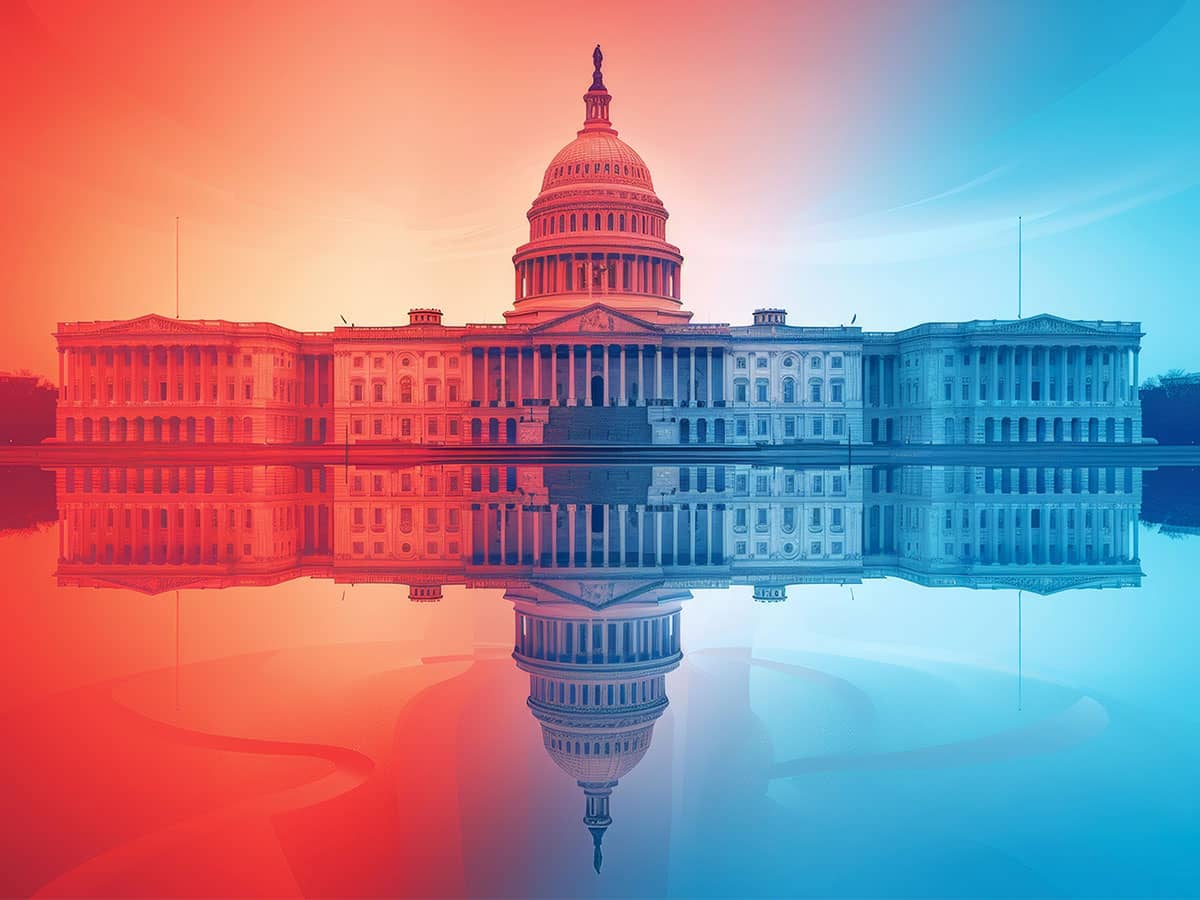The 2.3 million-member church, the proud bastion of middle-of-the-road Protestantism, will meet in Denver July 5-14 for its triennial meeting -- the first to be chaired by Presiding Bishop Frank Griswold -- to set policy, doctrine and budgets. With a lighter schedule and less legislation to tackle, church leaders say this convention will have a different feel than many past sessions.
"I genuinely believe there's a much different feeling afoot," said the Rev. Ian T. Douglas, a professor of world mission and global Christianity at the Episcopal Divinity School in Cambridge, Mass. "I don't find it to be as contentious as in the past. There's a spirit of generosity and a spirit of reconciliation, and I'm not trying to be Pollyanna-ish about this."
Despite the overtures toward unity, the close to 1,000 delegates will still have to tackle a range of sensitive issues that have touched off firestorms of controversy over the past 30 years.
They are not alone in their struggle. In March, the nation's Reform rabbis voted to allow the blessing of same-sex unions. In May, the United Methodist Church upheld its prohibitions against same-sex unions and ordination. This past week, the Presbyterian Church (USA) General Assembly voted not to bless same-sex ceremonies.
And looming large over the Denver meeting will be the ripple effects of the 1998 Lambeth Conference, which brought together representatives of the worldwide Anglican Communion. The Lambeth Conference, held after the U.S. church last met in 1997, upheld the Anglican positions against homosexuality, and at a meeting earlier this year in Portugal, Anglican leaders reprimanded the U.S. church for its liberal leanings.
The divisions highlighted by the Lambeth resolutions have led several renegade congregations to break away from the U.S. hierarchy and ordain their own bishops. How--or if--Episcopalians can bridge those schisms is likely to influence the mood of the Denver meeting.
Perhaps the most contentious issue facing Episcopalians is whether the church should create a special liturgy to bless same-sex unions. For years, the church has left the gay question to local dioceses, with some allowing gays and lesbians to serve as pastors, others agreeing to perform same-sex union ceremonies for gay couples, and still others not touching the issue.
The Denver meeting is largely expected to uphold that tradition. At the 1997 meeting, delegates instructed the 16-member Standing Commission on Liturgy and Music to bring back proposals to Denver on how the church should deal with same-sex unions. The commission report largely maintains the status quo.
The Rev. Bruce Jenneker, chair of the commission, said the commission concluded that the only smart way to address the issue was by taking "baby steps." A vote to approve such rites at the 1997 meeting failed by just one vote.
>
In a major step toward ecumenical cooperation, the church is widely expected to accept the "Called to Common Mission" agreement with the 5.2 million-member Evangelical Lutheran Church in America, the nation's largest Lutheran body. The agreement would allow both churches to share clergy, mission projects and the sacraments.
Lutherans approved the agreement last summer by a slim margin, but controversy continues to linger. The agreement calls on Lutherans to accept the historic belief of Catholics, Anglicans and others that there is a line of bishops, extending back to Peter and the early church, that has oversight authority over the universal church. Lutherans would be required to have bishops preside at ordinations, but critics within the ELCA say the agreement would chip away at Lutheran identity.
The church is also expected to tackle other sensitive issues that may have more resonance on the local level than the sometimes fuzzy issue of homosexuality. Delegates plan to break into small groups to discuss racism, violence, ethnic diversity, liturgy and end-of-life issues.
Church leaders hope that by giving delegates a chance to talk, rather than having to cast up or down votes, the denomination will leave Denver more united and better able to address controversy.
"We're hoping that by introducing some opportunities for people to be in conversation with each other, we'll sort of be turning a corner in the way we deal with each other," said the Rev. Rosemari Sullivan, the church's secretary for General Convention and a principle organizer.

